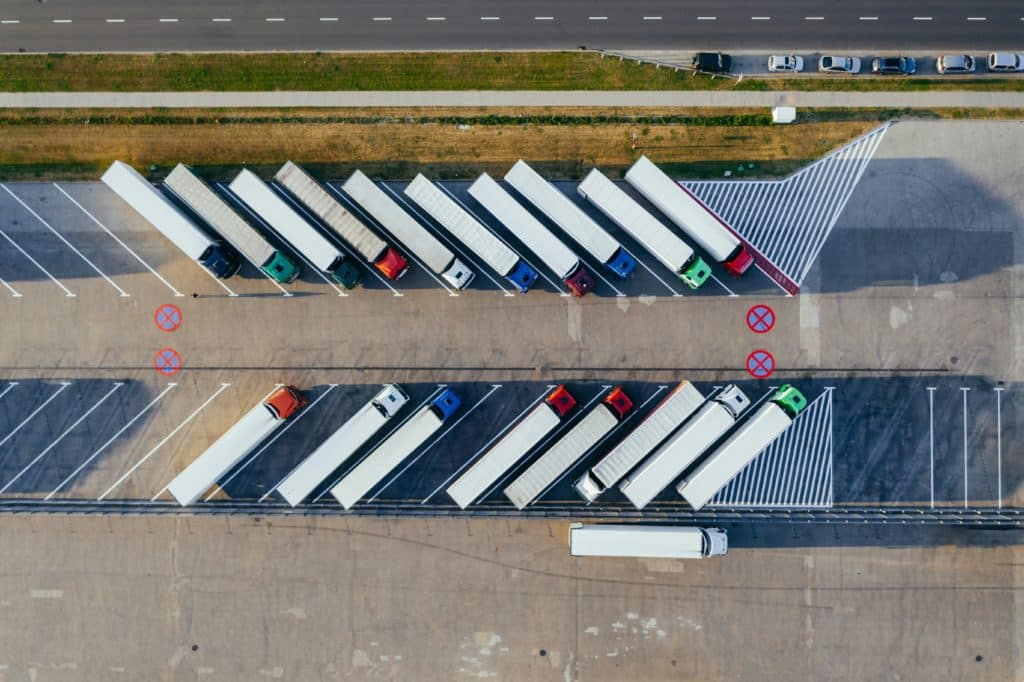
In the fast-moving world of transport and logistics, safety and compliance are more than just regulatory tick boxes. They are essential to keeping goods, people and businesses moving safely. Among the many regulations that companies must follow, the Lifting Operations and Lifting Equipment Regulations (LOLER) play a vital role in ensuring that lifting equipment is safe to use, regularly inspected and properly maintained.
For businesses in the transport and logistics sector, LOLER compliance is a legal requirement and a way to reduce risks that could otherwise lead to costly downtime, accidents or reputational damage.
What is LOLER?
LOLER regulations apply to all lifting equipment and accessories. This includes cranes, forklifts, tail lifts, hoists, slings and all lifting accessories. The aim is simple – to ensure lifting operations are carried out safely and that lifting equipment is fit for purpose.
In practice, this means businesses must make sure lifting equipment is safe for use, strong, stable and clearly marked with safe working loads. They must plan and supervise all lifting operations properly and arrange for all lifting equipment to be thoroughly examined at appropriate intervals by a competent person, keeping accurate inspection and maintenance records.
Why LOLER Matters in Transport and Logistics
The transport and logistics sector relies heavily on equipment that falls under LOLER. Forklifts are used to unload goods, cranes move shipping containers and tail lifts make loading vehicles safe and efficient. Failure to comply with LOLER can have serious consequences.
There are obvious safety risks, as equipment failure can cause injury or fatalities. There are legal consequences too, as non-compliance can result in enforcement action or prosecution. Financial losses are another consideration, with downtime, repairs and compensation claims all impacting the bottom line. Beyond this, safety incidents can damage reputation and undermine client trust.
Key LOLER Requirements for Logistics Businesses
To remain compliant, companies in transport and logistics need to focus on several core responsibilities.
Lifting equipment must undergo regular thorough examinations. This must be done by a competent person every six or twelve months depending on the type and use of equipment. Reports must be written up and retained for inspection.
Operators should also carry out daily or pre-use checks. Visual inspections before using forklifts, tail lifts or cranes are essential, and any issues must be reported and dealt with before the equipment is used.
Clear documentation is another important requirement. Inspection records must be kept in order and easily accessible for auditors or inspectors. Relying on paper records often results in missing or incomplete documentation.
Training and competency are equally vital. Staff must be trained not only in safe operation but also in recognising faults. Supervisors should take responsibility for ensuring that lifting operations are planned and monitored properly.
How Software Can Simplify LOLER Compliance
Keeping up with LOLER inspections has traditionally been paper heavy and time consuming. In a sector where efficiency is everything, digital tools have transformed compliance management.
Inspection and compliance reporting software such as Motion Kinetic makes it easier to stay on top of requirements. Businesses can schedule examinations and receive reminders before deadlines. Inspections can be carried out on mobile devices, ensuring that nothing is overlooked. Reports are stored in the cloud and can be accessed instantly. This reduces paperwork, cuts out human error and makes it simple to demonstrate compliance during audits.
By moving away from manual processes, logistics companies save time, reduce risk and create a safer working environment.
LOLER compliance is not optional. It is a fundamental part of operating responsibly in the transport and logistics industry. With the right processes and tools in place, businesses can protect staff, avoid legal consequences and maintain operational efficiency.
By adopting a digital inspection and compliance solution such as Motion Kinetic, logistics companies can streamline equipment checks, stay compliant with regulations and keep operations running smoothly.
Get in touch to discover how Motion Kinetic can support your business.

